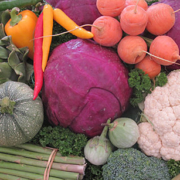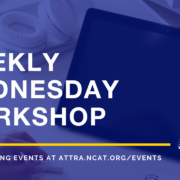A Listening Session on Excluded Methods in Organic Production
Organic Seed Alliance (OSA); the National Center for Appropriate Technology (NCAT; and the Society of Organic Seed Professionals (SOSP) hosted a listening session to hear from farmers, seed growers, seed companies, plant breeders, and other food and farming stakeholders about the issue of excluded methods in organic production. In particular, the conversation focused on methods used in plant breeding and crop improvement in the United States.
The National Organic Standards Board (NOSB) has been working to provide clarity on excluded methods for more than five years. In 2016, the NOSB passed a policy proposal that provides a framework for evaluating whether a method should be allowed or excluded. Since that time, the NOSB has provided clarity on a dozen methods. Jason Cavatorta with EarthWork Seeds Inc. provides a short overview of the NOSB’s work to date and a description of a handful of methods still in question, including double haploid technology, induced mutagenesis, protoplast fusion, tilling, and transposons.
Listening session hosts invited participants to weigh in on the methods discussed, and shared ideas on how to address this complicated area of organic policy. Questions asked during the event include: Which of these methods are already being used to develop seed used by organic growers (certified organic and untreated conventional)? If so, would excluding any of these methods in question leave organic farmers in a lurch? Which of these methods can be tested for and which cannot easily be traced? Is there a better way to approach this topic that emphasizes the philosophies of the organic movement? Input gathered will directly inform future educational events and policy recommendations in 2021.
This webinar is produced by the National Center for Appropriate Technology through the ATTRA Sustainable Agriculture program, under a cooperative agreement with USDA Rural Development. ATTRA.NCAT.ORG.

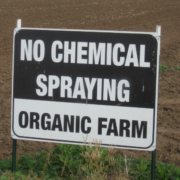
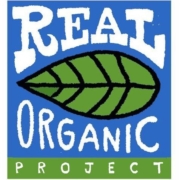
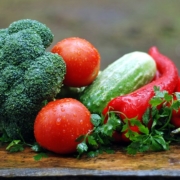
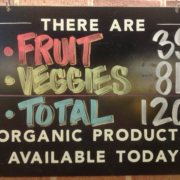
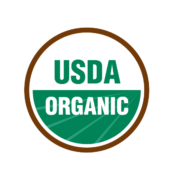
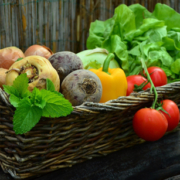
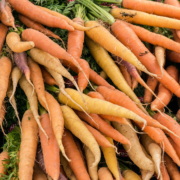 USDA Photo by Lance Cheung.
USDA Photo by Lance Cheung.